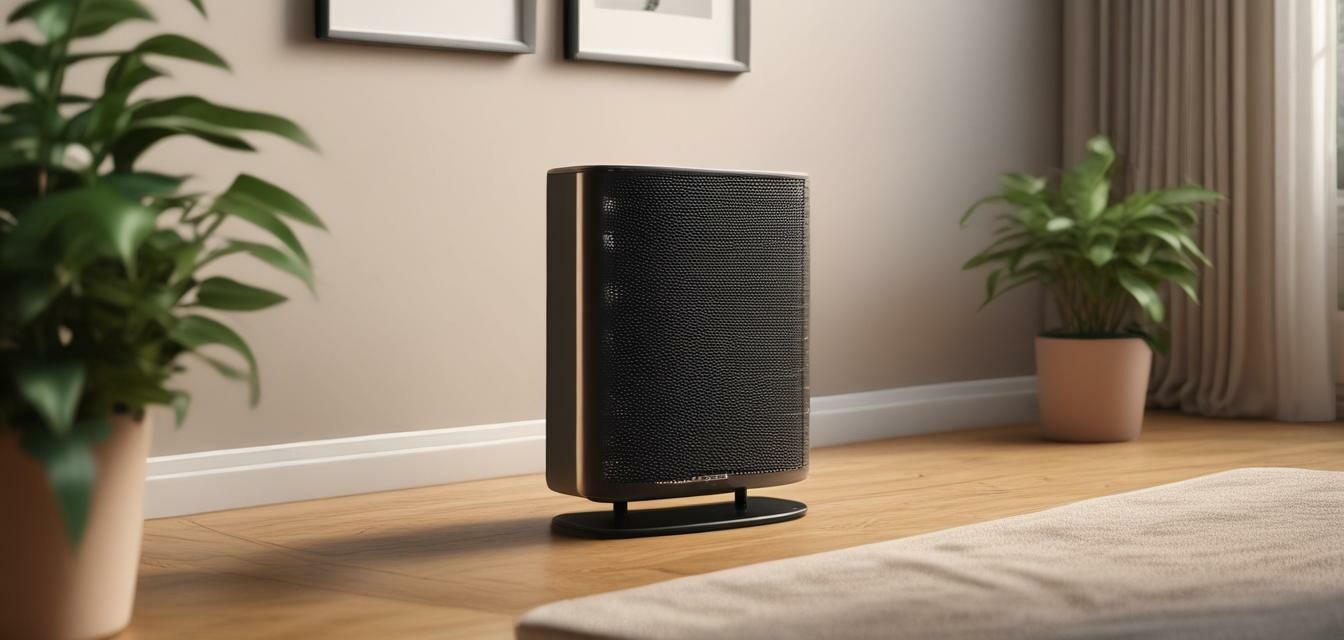
The environmental impact of wifi heaters
Key Takeaways
- Wifi heaters can contribute to energy efficiency and reduce carbon footprints.
- Integration with smart home systems enhances control over energy consumption.
- Choosing eco-friendly products is essential for sustainability.
- Wifi heaters offer customizable solutions to meet individual heating needs.
- Staying updated on innovations in heating technology can lead to better choices.
As modern technology evolves, so does the way we heat our homes. Wifi heaters are becoming increasingly popular, not just for their convenience but also for their potential environmental benefits. In this article, we will discuss the sustainability aspects of wifi heaters and their role in reducing carbon footprints.
Understanding wifi heaters
Wifi heaters are electric heating systems that can be controlled via a smartphone or smart home device. This connectivity allows for precise temperature control, scheduling, and monitoring energy usage. The flexibility of wifi heaters enables users to optimize their heating systems according to their lifestyle and habits.
The role of wifi heaters in energy efficiency
One of the significant advantages of wifi heaters is their ability to enhance energy efficiency. Here’s how:
- Zone heating: Wifi heaters can be placed in specific areas, allowing users to heat only the rooms they are using instead of the entire house.
- Smart scheduling: Advanced timers and scheduling features let users program the heaters to operate only when needed.
- Real-time monitoring: Many wifi heaters provide real-time feedback on energy consumption, helping users make informed decisions.
Comparative energy consumption
| Type of Heater | Average Energy Consumption (kWh/year) | Comment |
|---|---|---|
| Traditional Heaters | 3,500 | Uses more energy due to the lack of smart features. |
| Wifi Heaters | 1,500 | More efficient due to zonal heating and smart programming. |
Sustainability and renewable energy
Another critical aspect of wifi heaters is their compatibility with renewable energy sources. Homeowners can integrate their wifi heaters with solar panels or other renewable energy sources to reduce dependence on fossil fuels:
- Solar energy: Wifi heaters can be powered by solar energy, significantly reducing their carbon footprint.
- Smart grid technology: Integration with smart grids allows for optimal energy use during off-peak hours.
Challenges and considerations
While wifi heaters have many benefits, there are challenges to consider as well:
Pros
- Improved energy efficiency
- Remote control and programmability
- Potential for renewable energy integration
- Enhanced comfort and convenience
Cons
- Initial setup and investment may be high
- Reliability can depend on internet connectivity
- Some models may have higher costs over traditional options
The future of wifi heaters and sustainability
As technology continues to advance, wifi heaters are likely to become more energy-efficient and environmentally friendly. Innovations may include features such as:
- Advanced algorithms: Utilizing AI to optimize energy use based on personal data.
- Integration with IoT: Creating a more comprehensive smart home ecosystem for enhanced efficiency.
To stay informed about the latest advancements in wifi heating technology, please check our Latest News on Wifi Heaters category.
Conclusion
Wifi heaters present a sustainable solution for home heating, marrying modern technology with eco-friendly practices. By understanding their environmental impact, consumers can make more informed choices that contribute to energy efficiency and a reduced carbon footprint. Investing in wifi heaters not only enhances comfort but also facilitates a greener lifestyle.